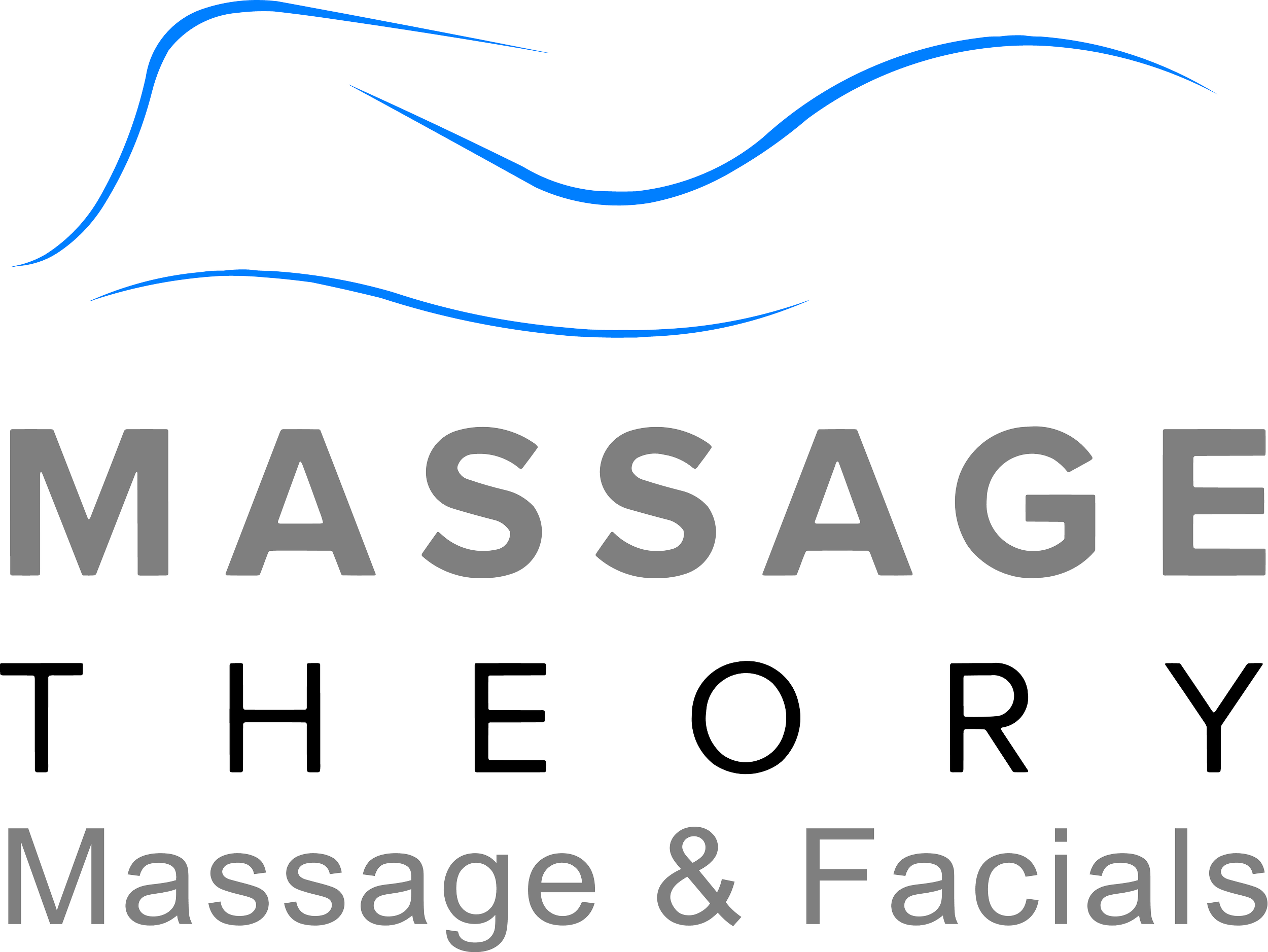Prenatal Massage: What to Expect and Its Health Benefits for Expectant Mothers
Expecting a baby brings many physical changes that can be uncomfortable. Prenatal massage offers a gentle, therapeutic way to address these discomforts while providing numerous health benefits during pregnancy. Prenatal massage helps reduce anxiety, alleviate muscle aches and joint pains, and can even improve labor outcomes and newborn health.
This specialized form of massage involves the gentle manipulation of muscles and soft tissues to promote relaxation and enhance your overall wellbeing during pregnancy. Unlike regular massage, prenatal massage is specifically designed to accommodate your changing body and address pregnancy-specific concerns.
You may be surprised to learn that beyond physical relief, regular prenatal massage can help improve your mood and reduce stress levels. Research shows it may also lower the risk of preterm birth and assist with managing pregnancy depression and anxiety both during pregnancy and postpartum.
Understanding Prenatal Massage
Prenatal massage is a specialized form of bodywork designed specifically for expectant mothers. It addresses the unique physical and emotional changes that occur during pregnancy while prioritizing safety for both mother and baby.
Defining Prenatal Massage
Prenatal massage is a therapeutic body massage performed by a trained professional, similar to a Swedish massage but modified to accommodate a pregnant woman's changing body. Unlike regular massages, prenatal sessions use specialized positioning and techniques to ensure comfort and safety.
The therapist typically uses pillows, bolsters, or a specially designed massage table with cutouts to properly position you, especially after the first trimester. This allows you to lie comfortably without putting pressure on your abdomen.
Prenatal massage is generally considered safe after the first trimester, provided you have approval from your healthcare provider. Some high-risk pregnancies may require additional precautions or modifications.
The Goals of Prenatal Massage
The primary aim of prenatal massage is to help alleviate common pregnancy discomforts while promoting overall wellness. It works to relax tense muscles, ease sore spots, and improve circulation throughout your body.
Specific benefits include:
Alleviating back and leg pain
Reducing swelling in hands and feet
Improving sleep quality
Decreasing stress hormones
Helping with anxiety and depression
Beyond physical relief, prenatal massage also offers emotional support. The nurturing touch can help you feel more connected to your changing body and provide a peaceful space to focus on yourself and your baby.
Many women find that regular prenatal massage sessions help them prepare mentally and physically for labor and delivery.
Health Benefits of Prenatal Massage
Prenatal massage offers numerous benefits that can significantly improve your pregnancy experience by addressing both physical discomfort and emotional well-being. Regular sessions can transform your pregnancy journey in several important ways.
Stress Reduction and Emotional Support
Pregnancy often brings hormonal fluctuations that can affect your emotional state. Prenatal massage helps reduce anxiety and can be particularly beneficial for managing mood changes. The therapeutic touch activates your parasympathetic nervous system, triggering a relaxation response.
Studies show that regular massage during pregnancy can help you navigate depression and anxiety both during pregnancy and in the postpartum period. This is especially valuable as pregnancy-related anxiety affects approximately 10-15% of expecting mothers.
The hormonal benefits extend beyond just feeling good momentarily. Massage decreases cortisol (stress hormone) levels while increasing dopamine and serotonin—your body's natural "feel good" chemicals. This biochemical shift can help improve your overall mood and provide emotional stability during this transformative time.
Pain Relief and Muscle Relaxation
The physical changes during pregnancy put significant strain on your body, particularly your back, neck, and legs. Prenatal massage specifically targets these areas of discomfort.
Common pregnancy-related pains addressed by massage include:
Lower back pain (experienced by 50-70% of pregnant women)
Sciatica (nerve pain radiating down the legs)
Joint discomfort, especially in the pelvis
Neck and shoulder tension from changing posture
Massage techniques help release tight muscles and reduce pressure on compressed nerves. The therapist uses specialized techniques to safely address your changing body's needs.
Research indicates that prenatal massage can also help reduce labor pain during childbirth. Women who receive regular prenatal massage often report shorter labor times and reduced need for pain medication during delivery.
Improved Circulation and Swelling Reduction
Pregnancy increases your blood volume by approximately 50%, placing extra demands on your circulatory system. Prenatal massage enhances blood flow to tissues throughout your body, including the placenta.
Swelling (edema) in the hands, feet, and ankles is common during pregnancy due to increased fluid retention and pressure from your growing uterus. Massage helps by:
Stimulating soft tissues to reduce fluid collection
Improving lymphatic drainage
Enhancing blood circulation to affected areas
Many women notice reduced swelling in hands and feet after massage sessions. This improved circulation doesn't just reduce discomfort—it helps deliver more oxygen and nutrients to both you and your baby.
The gentle pressure applied during massage also helps activate your lymphatic system, which aids in removing toxins and waste products from your tissues.
Better Sleep and Increased Energy Levels
Insomnia and sleep disturbances affect up to 78% of pregnant women. The discomfort, frequent urination, and racing thoughts can make restful sleep elusive.
Prenatal massage promotes deeper, more restorative sleep through multiple mechanisms:
Reducing physical discomfort that prevents comfortable sleep positions
Lowering stress hormones that keep your mind active
Releasing tension that causes restlessness
You'll likely experience improved sleep quality the same night after a massage, with benefits potentially lasting several days. Better sleep naturally leads to increased energy levels during your waking hours.
Regular massage sessions can establish healthier sleep patterns throughout your pregnancy, helping you maintain the energy needed for daily activities and preparation for childbirth. Many women report feeling more refreshed and energized after incorporating prenatal massage into their pregnancy care routine.
